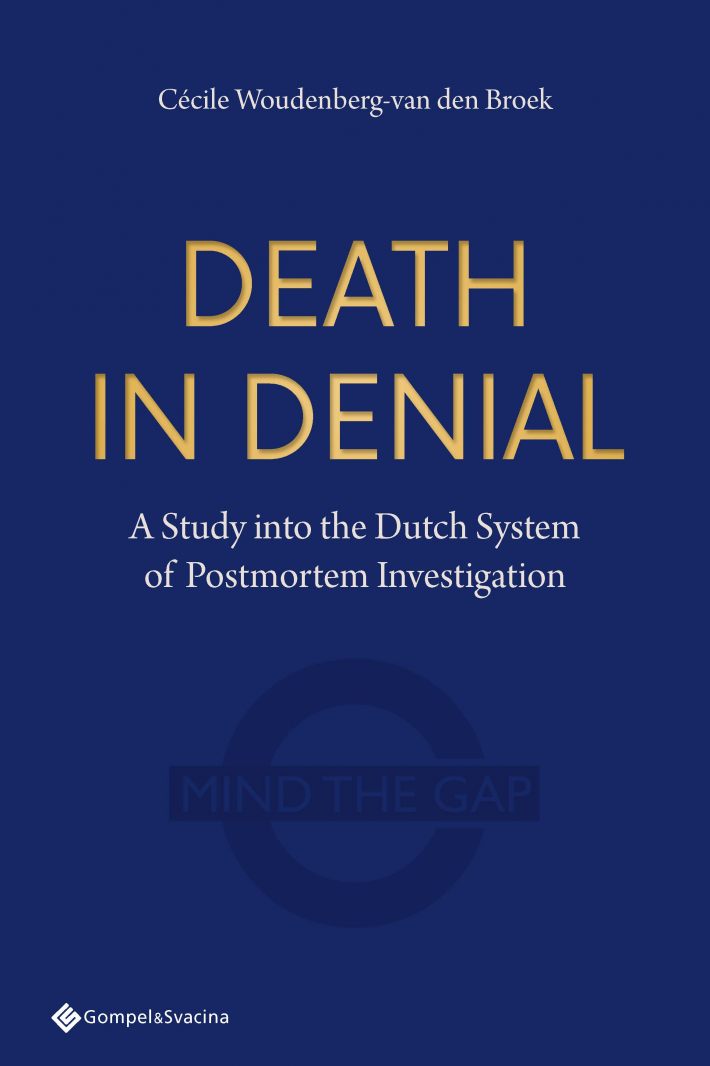dit werk kent de volgende uitvoeringen
verschijningsdatum28/09/2024

“Everyone’s right to life shall be protected by law.” This right to life, as enshrined in Cécile Woudenberg-van den Broek Article 2 of the European Convention on Human Rights, also imposes a duty on the state to conduct a post-mortem investigation.
This book, based on a PhD thesis, examines the Dutch system of post-mortem investigation. It questions whether the system is adequate and whether it complies with the obligations set forth by the European Court of Human Rights regarding Article 2.
To address these questions, the book first provides an overview of the basic structure of the Dutch system (Chapter 2). This is followed by a discussion on the distinction between what is classified as a natural death and what is considered an unnatural death (Chapter 3). Given that the general physician plays a crucial role in the Dutch system, research was conducted on how these physicians handle external post-mortem examinations (Chapters 4 to 6).
The book then compares the Dutch system with the legal obligations arising from the European Court of Human Rights (ECtHR) (Chapter 7). Finally, the effectiveness of the Dutch system is assessed by analysing forensic autopsies in the Netherlands and comparing them with practices in other countries, such as Belgium, Germany and England (Chapter 8).
The author concludes that there is a significant gap between what the Dutch system demands of physicians and how they carry out their duties. This raises concerns that Article 2 of the Convention may be at risk, highlighting the need for urgent reform.
This dissertation is part of the Science in Court, an interdisciplinary collaboration at Maastricht University.